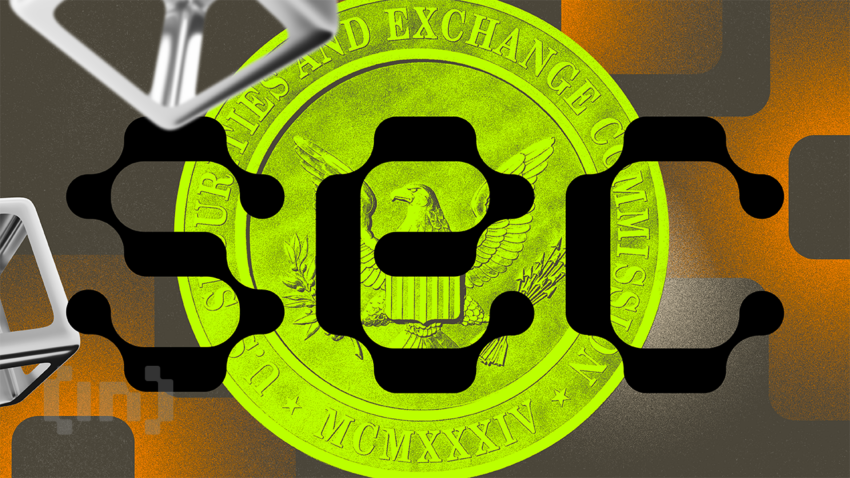The Cryptocurrency exchange Gemini is attempting to get a lawsuit against it dismissed.
In a submission to the New York court where it is being sued by the Securities and Exchange Commission (SEC), Gemini has argued that the case against it is flawed and should be thrown out.
SEC Lawsuit Accuses Gemini of Selling Unregistered Securities
In January, the SEC filed a lawsuit against Gemini and Genesis alleging that the Gemini Earn program broke securities law. Genesis was Gemini’s partner in the scheme and has since filed for bankruptcy.
Following its bankruptcy, Genesis halted withdrawals from Earn in November 2022. Gemini then fully shut down the service in January. The two companies have since reached a 100 million USD agreement to recover users’ funds.
Making what has become a familiar line from the SEC under chairman Larry Gensler, the commission has cited the need to protect consumers in its case against Gemini and Genesis.
Arguing that Gemini and Genesis offered unregistered securities to the public, Gensler said that “crypto lending platforms and other intermediaries need to comply with our time-tested securities laws.” He added that doing so best protects investors and creates trust in markets.
Gemini Says MDALA is Not a Security
In Friday’s motion to dismiss the SEC’s lawsuit against it, Gemini argues against the regulator’s claim that the Earn scheme functioned as a securities sale. Documents submitted to the court state that the SEC’s complaint is “a novel attempt to expand their scope beyond any reasonable reading of the relevant statutory language.”
Ultimately, the matter boils down to exactly what kind of relationship existed between Gemini, Genesis, and individual Earn users.
This relationship, contractualized as the Master Digital Asset Loan Agreement (MDALA), set up the framework for Gemini Earn. According to the agreement, Genesis acted as a borrower, allowing users to earn interest by lending their crypto assets. Gemini itself acted as an intermediary and custodian.
However, Gemini argues that the MDALA itself never required any borrowing or lending. Instead, the athletic contests that it was merely a mechanism facilitating agreements between the borrower and lenders.
If the court sides with Gemini, it will invalidate the SEC’s claim that the MDALA was sold as a security. As Gemini states in its appeal, the complaint against it:
“never explains how, when, or where the MDALA was supposedly sold.”
Gemini Pivots to Europe as Winklevoss Twins Mull Potential London Relocation
Against the backdrop of the SEC’s hawkish approach to digital assets, Gemini is reportedly considering relocating operations overseas.
The firm’s founders Cameron and Tyler Winklevoss recently met with the U.K.’s financial regulator to discuss a potential move to London.
As Cameron Winklevoss told the British newspaper The Telegraph:
“There are so many headwinds right now in the U.S. it’s hard to get anything done there. And so, in order to keep building our business and invest in hiring, we have to look elsewhere.”
And while he ruled out abandoning the U.S. market completely, he added that “you can vote with your feet,” emphasizing the company’s recent global expansion.
What’s more, a potential relocation to London isn’t the only indicator that Gemini is pivoting away from the U.S.
On Thursday, the cryptocurrency exchange announced that it will open a new European headquarters in Dublin.
Taking to Twitter to celebrate the news, Cameron Winklevoss, commended the European Union’s approach to crypto regulation. Specifically, he called the Markets in Crypto Assets (MiCA) legislation “common sense regulation.”
Disclaimer
In adherence to the Trust Project guidelines, BeInCrypto is committed to unbiased, transparent reporting. This news article aims to provide accurate, timely information. However, readers are advised to verify facts independently and consult with a professional before making any decisions based on this content. Please note that our Terms and Conditions, Privacy Policy, and Disclaimers have been updated.


